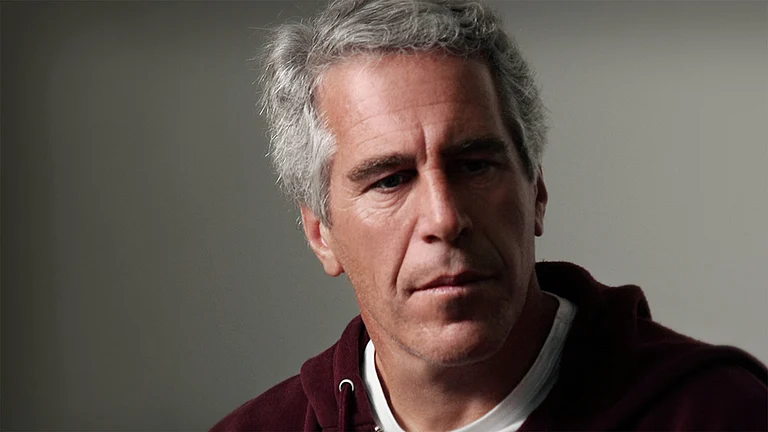FOR the self-serving and often deeply divided fashion industry, this could be the platform they desperately needed. A committee of 16 fashion designers met for the second time last month to put final touches on a guild that has been christened the Fashion Design Council of India (FDCI). "The basic purpose behind forming this guild," says J.J. Valaya, one of the 16 designers who made it to the founding committee, "was the lack of one. This can help us get industry status and the industry too can be promoted as a whole."
It took three years for the idea to bear fruit. The lack of initiative and a neutral body to bring all the designers together had left the concept hanging without so much as a peg. The last straw were the Apparel Export Promotion Council fashion shows in New York where a number of India's talented designers were left out in the cold. The subsequent bad blood within the community led Shyamal Ghosh, secretary, ministry of textiles, to launch an initiative to form a formal body where all the designers could be represented.
However, inflated egos surfaced in the first meeting itself. When designer Geetanjali Kashyap enquired about representation from other parts of the country, Ravi Bajaj had this to say: "Besides a handful of us, the rest aren't worth mentioning." And so when it came to recommending members for the founder committee, most designers could think only of themselves. Says a junior designer: "Even before it has begun, everyone is busy protecting their own interests."
That remark was vindicated at the committee's second meeting last fortnight. In the course of the meeting, it was discovered that some Delhi designers had met the executive director of the National Institute of Fashion Technology, L.V. Saptarishi, to "lobby" for a place on the founding committee. Designer Ashish Soni, who has also made it to the guild's founding committee, admits that a lot of them did meet Saptarishi, "individually or in batches of three or four, but that was to share our views to help conceptualise the body."
There were other murmurs of dissent as well. The selection criteria itself didn't meet with everyone's approval. Says Rana Dhaka: "One of the criteria was formal education in fashion, yet not all of the 16 designers on the committee have that. This is one thing I would definitely like clarified." Asha Baxi, head of fashion design, NIFT, does admit: "All this stuff is a bit vague right now." But that didn't stop Bajaj from complaining that the criteria were too loose and that "50 people I know would qualify". He cited the instance of Anju Modi who has been in the profession for a long time but who isn't trained. The criterion specifying at least six years in the profession in India met with similar scepticism. Asked Raghavendra Rathore: "If Sandy Dalal, who is considered the great fashion hope in New York, were to come to India, would we make him wait for six years?"
But for once this ride on the founding committee won't be for free. Each of the founder members will have to pay Rs 50,000 towards a corpus fund. This money would be used to run the FDCI office and to meet the expenses of an executive director to be hired shortly. The committee will also have three institutional members, an executive director and two co-opted members. And 30 per cent of the founder members will retire every two years.
But the one important question is: will these 16 egos and clashing ideas be able to work towards a common, productive goal? Says Dhaka: "I don't see the need for so many founder members. Out of the 16 one already knows the ones who will work and the ones who won't, so where was the need to harness so many egos?"
If the council works, we may see fashion getting industry status, a proper fashion week instead of scattered shows, a collective voice and accountability at the end of a glamour day. And while Soni is hopeful that everyone will put their egos behind, others aren't as optimistic.


























